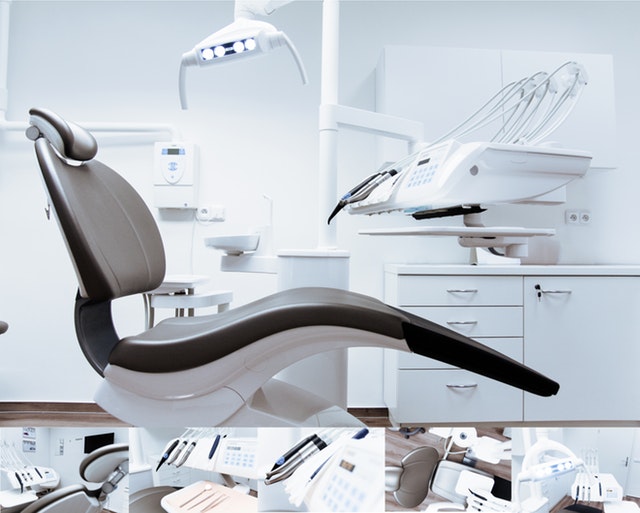Unlike a lot of consumer research, market research conducted in the healthcare space has very real life or death consequences.
Packages that are misread or misunderstand, or packages that are difficult to open or manipulate reduce treatment compliance from both patients and doctors. Marketing materials that fail to clearly communicate purposes, benefits, and risks can lead to misuse and misinformation. Without effective and high quality medical market research, healthcare is less effective. High quality medical market research isn’t simply a nice to have. It’s a must have.

Understanding the needs and desires of physicians, pharmacists, nurses, dentists, hygienists, and other healthcare professionals via surveys, in-depth telephone or in-person interviews, and focus groups isn’t a simple process.
Like consumer research, screener interviews need to be conducted, pre-interview materials need to be distributed and collected, validation and reminder calls must be made, interviews must be completed, and honorariums must be provided. However, given the professional and urgent demands of these occupations, time is a premium. All of these tasks take far longer for research with medical professionals than for consumers.
However, once those operational details are out of the way, the real purpose of the research can be addressed: discovering how health and medical companies can innovate to better meet current needs, and better prepare for future needs of health care professionals and their patients.
With that in mind, let’s review a few of the research objectives that medical market research can assist with.
-
- Product/Service Satisfaction: In its simplest form, medical market research allows brand managers and marketers to better understand how satisfied healthcare professionals are with the products and services they use. How satisfied are they with the product as a whole? How satisfied are they with the various aspects of it – the delivery of it, the external package, the internal package, the written materials, the educational materials, the demonstration materials? Why are they satisfied or not? Beyond simply learning that the blue package is preferred over the purple package, understanding levels of satisfaction with various features can lead directly to more effective healthcare for patients.
 Usability Testing: When healthcare professionals find that certain products or services are difficult or laborious to use, either for themselves or for their patients, the likelihood that those products will continue to be used properly decreases. Through usability testing, companies can observe for themselves whether people are having difficulty using a product or package, and how their products are being misused or misunderstood. With this information, companies can resolve problems and create more effective products.
Usability Testing: When healthcare professionals find that certain products or services are difficult or laborious to use, either for themselves or for their patients, the likelihood that those products will continue to be used properly decreases. Through usability testing, companies can observe for themselves whether people are having difficulty using a product or package, and how their products are being misused or misunderstood. With this information, companies can resolve problems and create more effective products.- Driver Analysis: New healthcare products and services are regularly created and launched into a marketplace overflowing with options. Through Driver Analysis, companies can gain a better understanding of the opportunities and challenges they will face. Research allows them to better understand what is causing healthcare professionals to choose one product or feature over another, allowing companies to align their products with the relevant drivers.
- Competitive Assessment: Market research enables companies to gain a holistic understanding of the marketplace including companies that compete directly with similar products (e.g., different types of insulin pumps), and companies that compete with completely different products (e.g., inhalers, injection ports). This research enables brands to built go-to-market strategies, understand the risks and opportunities of various options, and be first to market in their desired areas.
- New Product Development: We don’t need market research to tell us that healthcare professionals want products that are easier, quicker, and safer to use so that their patients can lead healthier lives. We do, however, need market research to help discover unmet needs that can be resolved through new product development. What existing or absent features are preventing them from helping their patients as well as they’d like to? What tools or processes are they using to compensate for underperforming products and services?

- Voice of the Customer: Every profession has its own professional, technical, and casual lexicon. Through well-executed market research, marketers and brand managers can gain a clearer understand of how healthcare professionals speak both to each other and to their patients, thereby permitting the appropriate use of language for any channel be it packaging, training, or education. Few things are more valuable than gaining a genuine understanding of how your key target group communicates internally with other professionals, and externally with patients. Using the right word in the right place can be the difference between life and death.
If you’d like to learn more about conducting medical market research, please get in touch with us! Canadian Viewpoint has been conducting research with medical professionals for more than a decade and we’ve built trusted relationships with them. In addition to being able to access the Canadian medical universe, we have a proprietary panel of physicians and medical specialists who have opted in to participate in our research.
You might like to read these:




